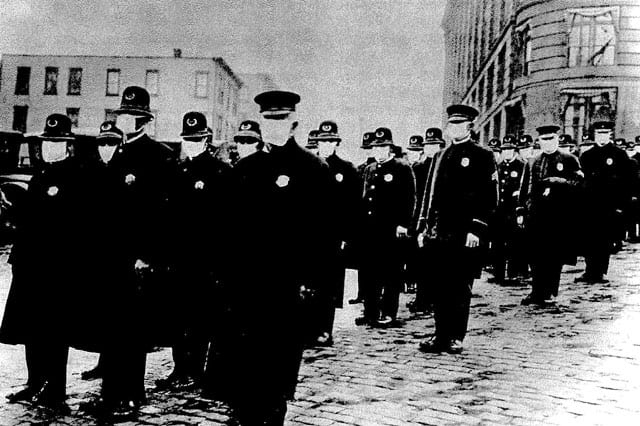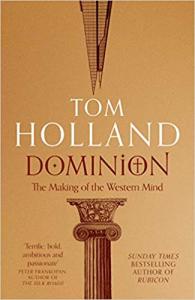With all the unavoidable news right now about disease and epidemics, it’s an obvious temptation to look back to past eras to see how they coped with such things, culturally as well as medically. One consistent impression is how thoroughly our imagery of such events draws on very traditional apocalyptic. As David Wallace-Wells notes in his recent book on climate-driven catastrophes, “the vision is a bleak one, often pieced together from perennial eschatological imagery inherited from existing apocalyptic texts like... Read more
















